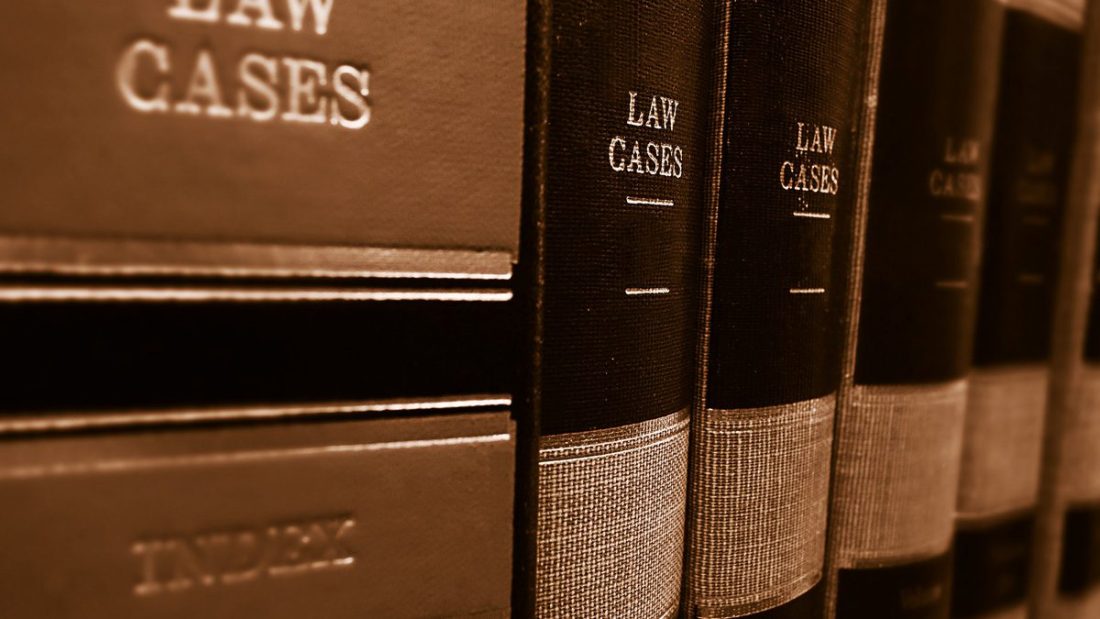The Oath of Allegiance does more to hurt than help
The Oath poses real barriers for minorities trying to become lawyers, a field in which they are already underrepresented.
 witwiccan
witwiccanSome may know King Charles III as the current king of the United Kingdom (U.K.). Others know him as the ex-husband of the esteemed, incomparable late Princess Diana. Interestingly enough, lawyers in Alberta have to swear their allegiance to him. But issues with the Oath of Allegiance go much deeper than just being a Princess Diana loyalist.
Since Canada is still part of the British monarchy, government officials and judges have to swear their allegiance to the Crown. Currently, lawyers are also required to swear allegiance to the ruling monarch and their heirs and successors before they can begin practicing law in Alberta. To many, this will instantly raise some eyebrows and rightfully so. Some lawyers have been pushing back. The Oath isn’t just nonsensical, it poses real barriers to people from minority groups who want to pursue law.
Firstly, the Oath of Allegiance is only mandatory for lawyers in Alberta, Newfoundland and Labrador, and Prince Edward Island (PEI). Everywhere else in Canada it’s either optional or not in practice. This means that the vast majority of Canada has already recognized the Oath’s flaws and has adjusted accordingly. Yet here in Alberta, we will seemingly hold on to it until our dying breath.
Take Prabjot Singh Wirring, a prospective lawyer, as an example. He filed a suit against the Alberta Courts as the Oath violates his religious freedoms. As an Amritdhari Sikh, Wirring is prohibited from pledging allegiance to monarchs. The Court of King’s Bench rejected Wirring’s case. The courts made this decision on the basis that he did not object to making other oaths to more abstract concepts such as the rule of law. The court argued that “it is evident that he is not religiously prohibited from swearing oaths to ‘literally anything.'”
Additionally, three Indigenous women, Janice Makokis, Rachel Snow, and Anita Cardinal, have also filed cases. They have rightfully refused to swear allegiance to a monarchy. It breaches their Treaty rights and their rights to religious freedom and equality under the Charter of Rights and Freedoms. It’s legally nonsensical for them to swear it.
In the case of Wirring, the court argued that the Oath is merely symbolic, but Cardinal argued it’s more than just words. However, the court’s argument is deeply misleading, as the breaking of the Oath can possibly lead to legal repercussions. Though no one has been charged with the breaking of the Oath, the House of Commons (HoC) did try to do so in 1990. They ultimately found the person not guilty, as they had “never mocked the Canadian Parliament nor the Queen.” So it is clear that it is not just symbolic like some claim it to be. This makes me wonder what moral standard are we having our lawyers swear allegiance to?
In the year 2024, pledging allegiance to the British monarchy feels like running a razor across your tongue. But for some, it goes much deeper than a simple aversion. Canada established its first residential school while it was still a British colony. The Church of England ran residential schools in Canada well into the 20th century. The monarchy has never taken accountability for or even attempted to start taking steps toward reconciliation. Additionally — and speaking more plainly — the British, in partnership with other colonial powers like the French, were the perpetrators of colonialism in Canada. The monarchy has caused unfathomable amounts of harm to Indigenous people across the globe. It makes little sense to have our legal representatives swear allegiance to a historically immoral and harmful monarchy.
Minorities are already underrepresented in law. In 2021, there were only four Black students in the University of Alberta faculty of law, and only 31 at the University of Calgary. Based on the few legal cases we have seen, Makokis, Snow, Cardinal, and Wirring have been unable to practice law in Alberta because of the hurdle of this illogical Oath. Just imagine how many more people of racial and religious minorities this Oath has discouraged from pursuing law in Alberta.
While we continue to use the Oath, we will continue to have a legal system that isn’t representative of racial, religious, and gender demographics. Axing the Oath won’t solve all the issues with the legal system and profession. But, making a change could show that the justice system takes the concerns of minority groups seriously. The solution that I am proposing is the complete country-wide disregard of this Oath. It would be a step in the right direction, though there’s more to be done.




